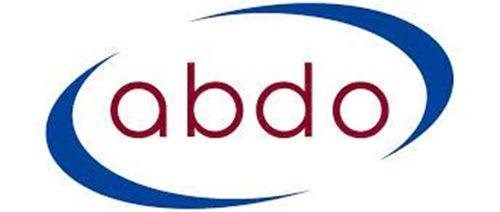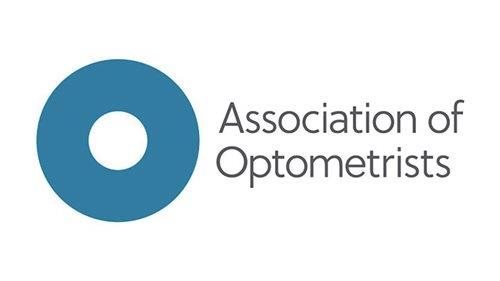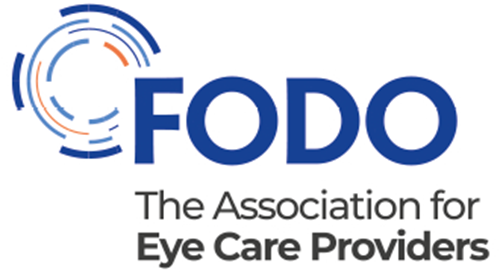20 July 2021
Statement on withdrawal of standard operating procedure and self-isolation exemption in England
Sector bodies advise that optical practices should continue to follow Amber guidance, and self-isolation exemptions in England are unlikely to apply in primary eye care settings.



